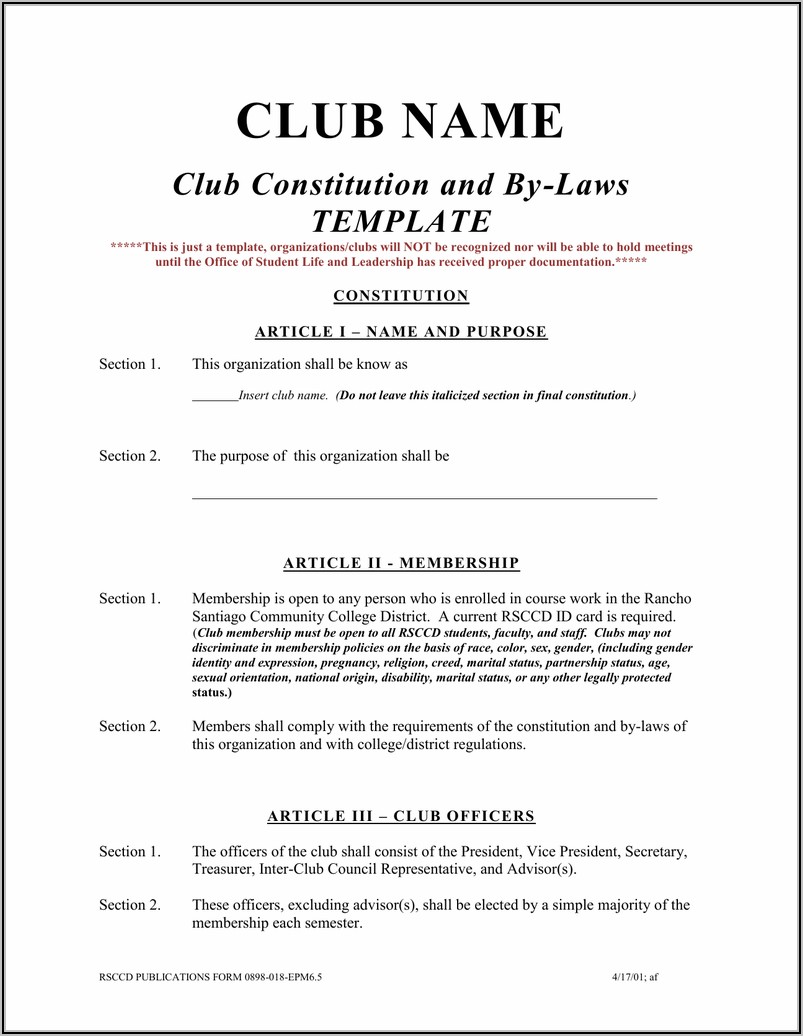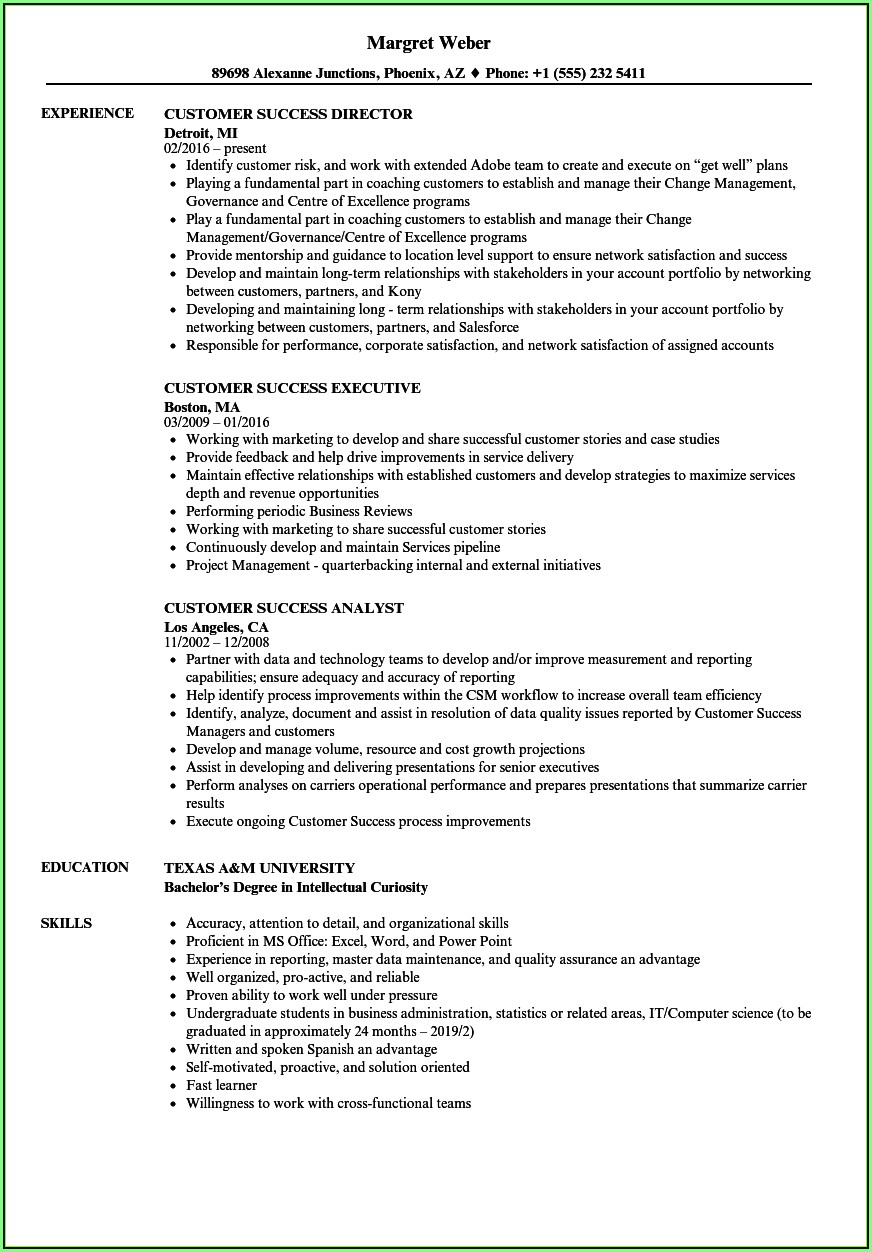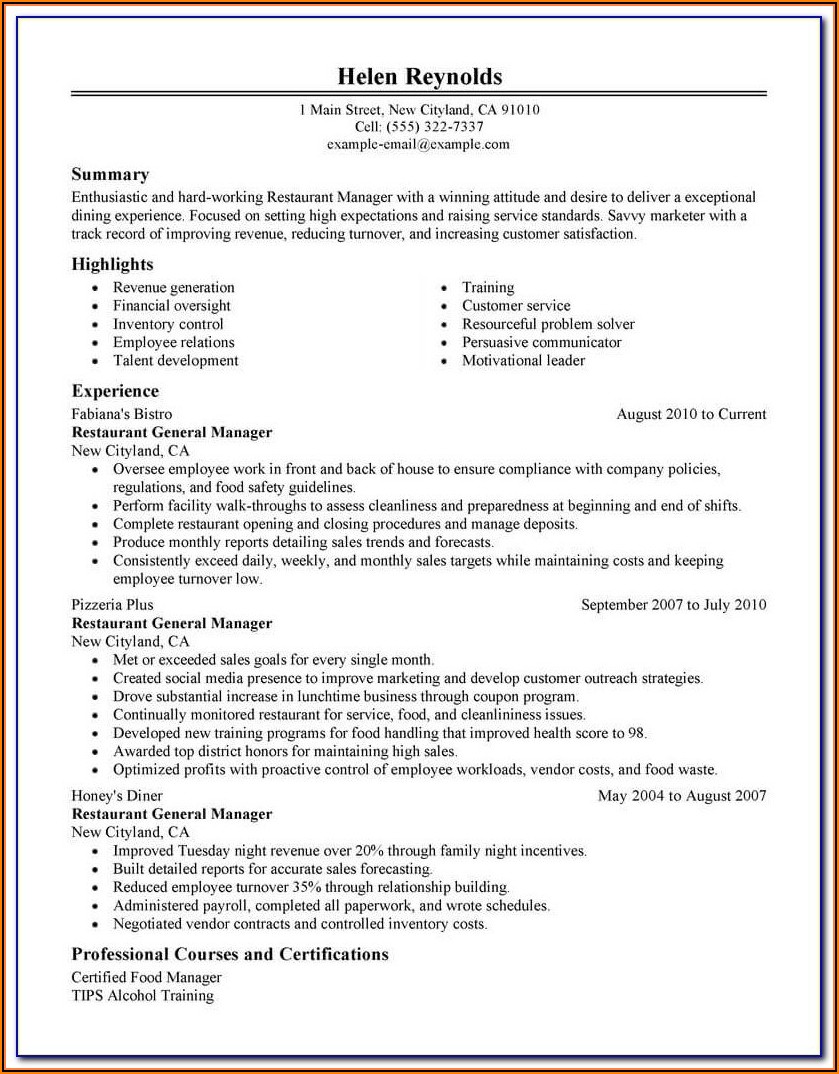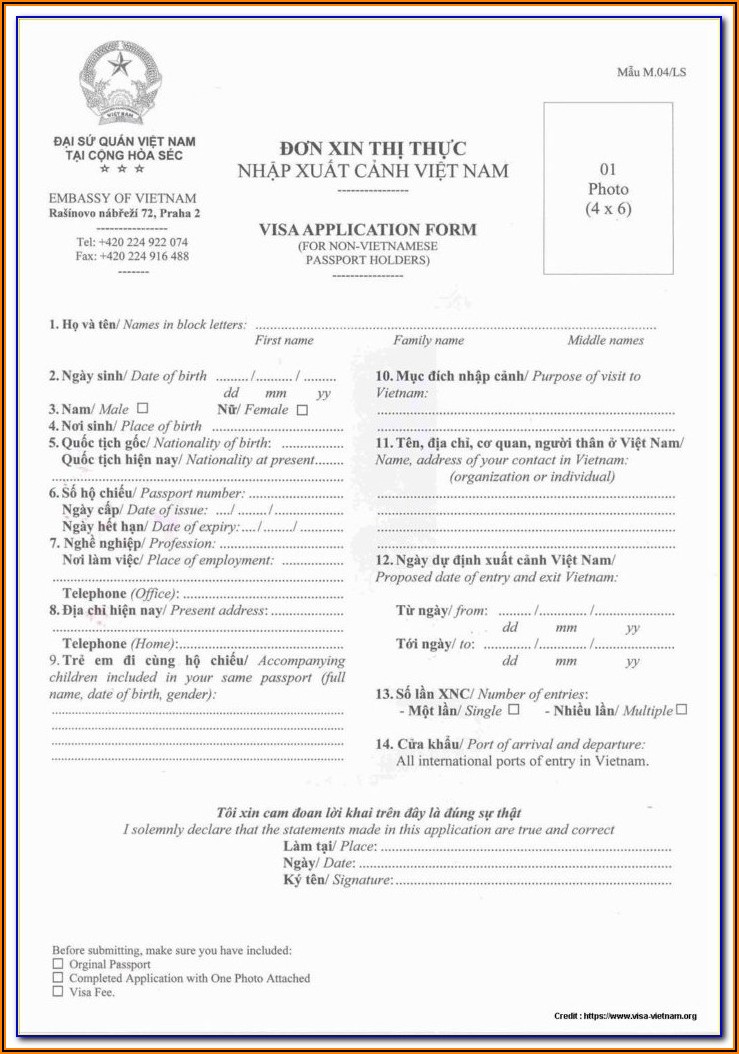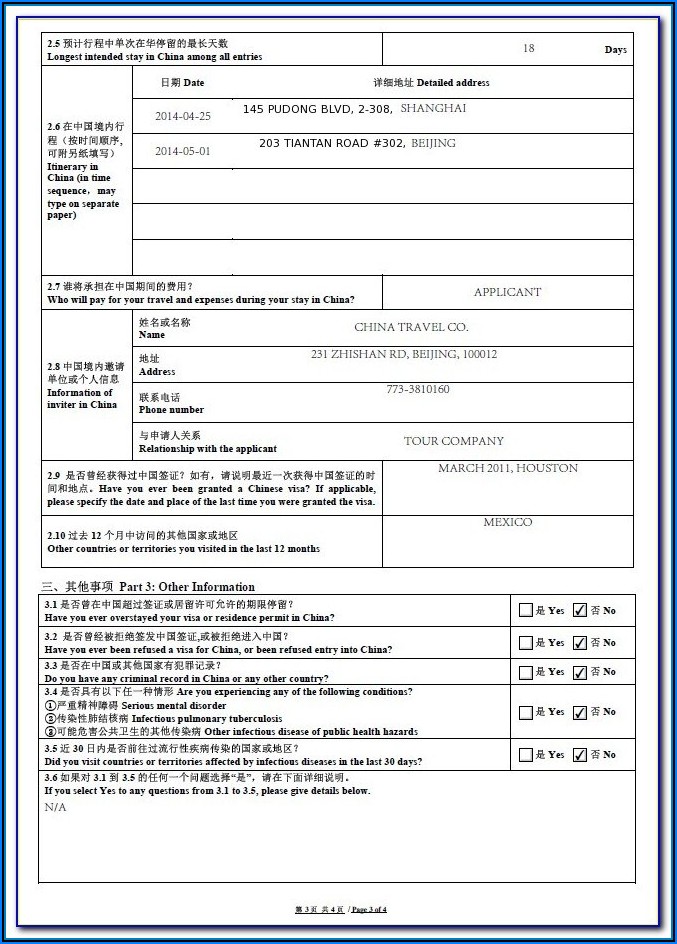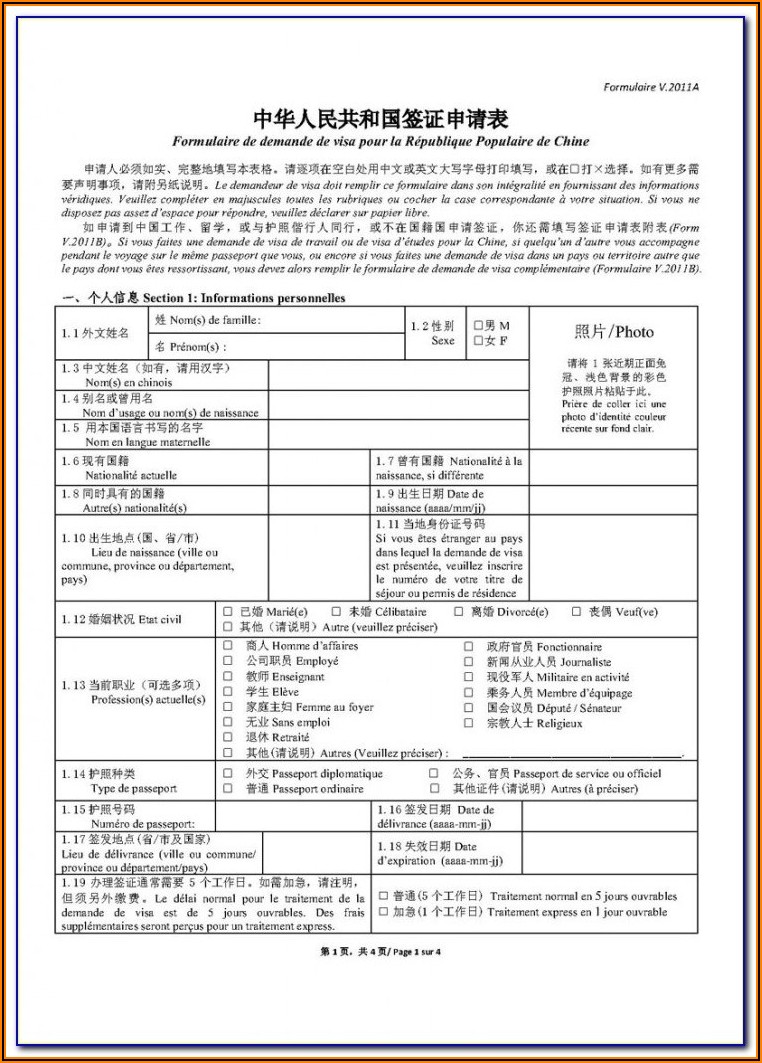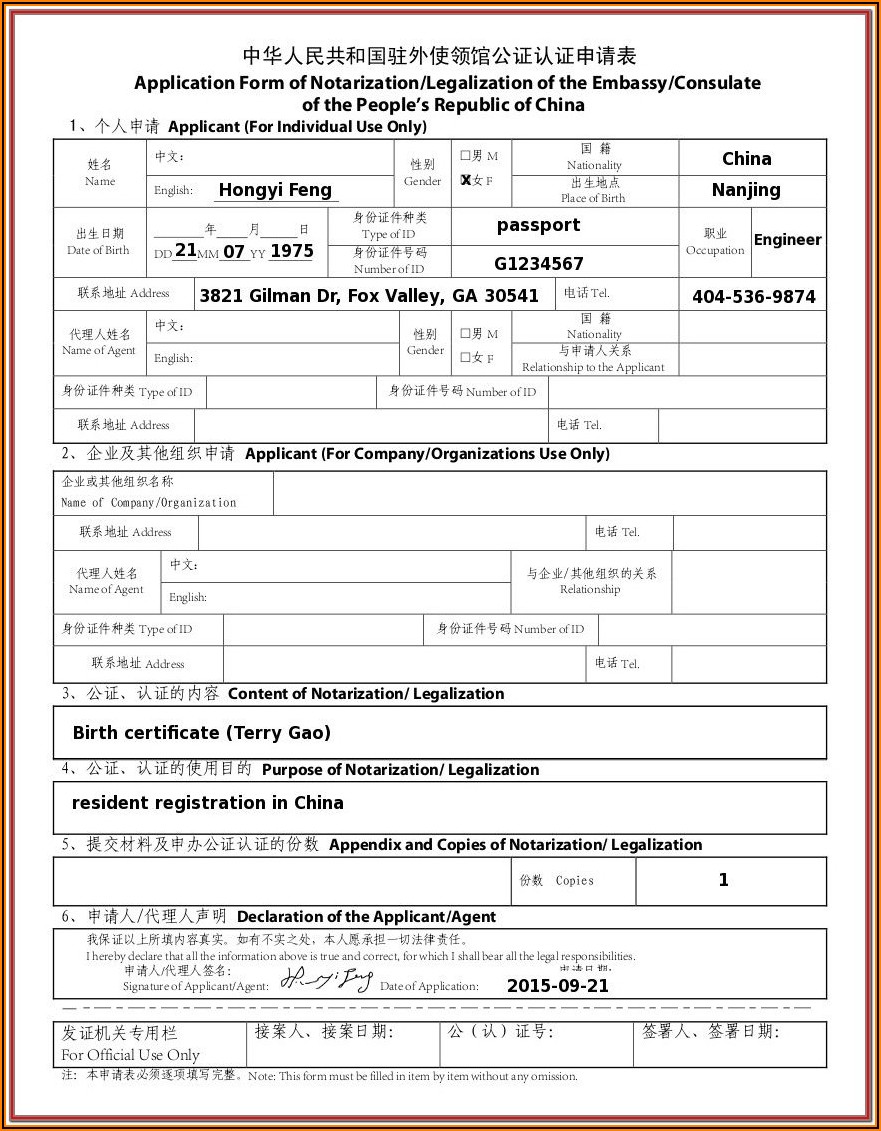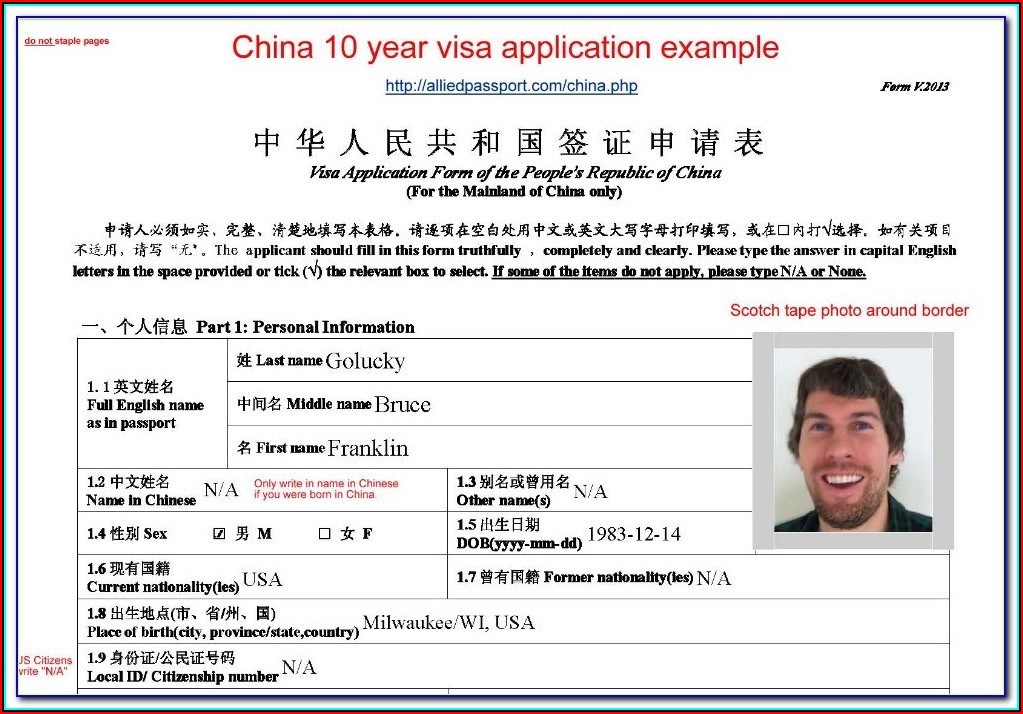
Knowing the rules is an important part of any negotiation. However, you will need additional support when dealing with China. It is important to be familiar with the top rules of success when negotiating with Chinese companies, given China’s economic growth.
Be realistic about your expectations
Chinese business culture is known for its ability to present a harmonious, smooth public image. They will rarely disagree with you or your company publicly and try to maintain a professional appearance, regardless of the actual progress of negotiations. You may believe that negotiating is easy if you are treated with respect and given lavish compliments. It is crucial to know the difference between business friendlyries and negotiating in China. It is much more important to understand the real intent behind the words than just expecting a cakewalk in the boardroom.
Develop a negotiating strategy
Negotiating with a Chinese company can be a difficult and long-winded process that takes much longer than anticipated. Phone negotiations are not possible. Business still works best when face-to-face meetings are held. It is vital to maintain accurate and detailed notes during meetings, as memories can change or fade over time. You can use your notes later on if you are able to get the other side to sign off.
Chinese businesses use a team o Negotiators
There is always a key decision-maker in business meetings, even when there are more than five people. You can use this information to help you focus your negotiations.
Establish a negotiation team that includes Chinese businesspeople and the Government
These people can help you gain the competitive edge you need to win with Chinese negotiators at the table. You can leverage any existing business relationships in China, including those with other businesses and governmental agencies, to support your negotiations.
Remember the relative value of money
Chinese businesspeople have a lower view of money than those who grew up in America and Europe. If you see a 100-yuan bill in China, you might instinctually convert that to $15 USD. However, a Chinese person will see a $100 bill in the exact same note. Because they have a fundamentally different perspective on cost, this could cause problems in negotiations.
China: Respect is a must
You can avoid embarrassing yourself and ruining deals by being mindful of cultural norms when doing business with Chinese. Respect is an important part of how business is conducted in China. You will get to know your Chinese counterparts better if you show them the greatest respect. This will result in a better deal for both sides and make the entire process more personal. It will make the negotiation process more pleasant if you let go of your ego and try to get to know your potential business partners. If you do end up going out to baijiu, please be respectful.
Listen and sleep on big decisions
As mentioned, the pace of business in China is slower than in the West. You can take advantage of this slow pace by listening to and digesting every piece of information the Chinese negotiation team has to offer. Listening and taking a night off to rest on big decisions will allow you to make better informed decisions. This is an opportunity you should take advantage of.
If they press for artificial deadlines, keep cool
You may feel frustrated as the process takes longer and you might want to stop pushing forward. This is a common mistake that can lead to negative results. It may also be a way for the Chinese negotiation team to win. It’s much more beneficial to take your time, try to cooperate and stick to your negotiation strategies.
Negotiations should be kept reasonable
If you get frustrated, or simply want to increase the intensity of the negotiations, this could cause them to stop without any discussion. While the Chinese negotiation team prefers to discuss and reason every decision, if you take a rash or unreasonable position without it, it will cause the entire process to unravel. Use the extra time to communicate and cooperate in your negotiation strategy.
You have many other businesses that you can negotiate with
You can be more neutral and less emotional by keeping the possibility open for you to do business with the competitor of the company you are negotiating with. This will help you negotiate in a way that leverages the situation and not feel pressured to agree with disadvantageous terms.


